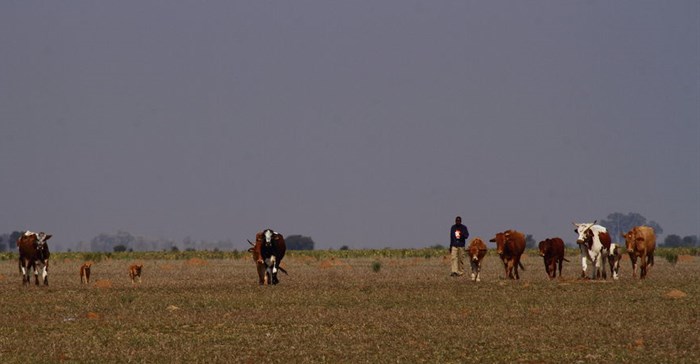Marketing & Media trends
Industry trends
BizTrends Sponsors
Trending
#BizTrends2017: Investment in youth, emerging farmers to develop the industry

Youth development
The agriculture industry has fallen out of favour with the youth of South Africa due to the challenges younger generations associate with the industry. The industry is difficult to enter, it’s not very exciting, high risk for little reward, and a general move of youth to urban centres, just to name a few, has led to the unpopularity of a career in the industry. This poses a serious challenge to the industry and the country as a whole – if our youth do not fill the shoes of those stepping out of the industry, we will steadily progress to deagrarianisation which will have serious consequences for the country’s welfare, health and food security.
It comes as no surprise then, that we see a greater focus on and investment in youth development and participation from government, organisations, NGOs and agribusinesses. We increasingly see rural schools, in particular, receive support to develop and maintain vegetable gardens and small farms to not only support their food needs, but to inspire, involve, and educate students in the cultivation of crops from a young age.
For young people with their eyes set on the farm, organisations like Future Farmers provide a unique work-integrated learning programme for young farmers as well as opportunities to gain experience on local and international farms. Future Farmers rely on local farmers to employ the young people that are part of the programme and in doing so, they are helping create a highly skilled, experienced and youthful workforce to take the industry further.
The government has identified agriculture as one of the main industries in which significant growth and job creation can be achieved, in particular, focusing on attracting youth to the industry. Agriculture holds great opportunity for young people and with both government and organisations such as Future Farmers investing and finding innovative ways for young people to explore their passions and opportunities in the industry, we may start to see a renewal in their interest in agriculture.
Greater investment into emerging/small-scale farmers
Similarly, the government seems to have prioritised small-scale and emerging farmers for investment to grow their farms to the point where they can contribute to food security, job creation, and uplifting their communities.
Small-scale farmers have battled a hard year in 2016 in light of the drought, often losing most if not all of their livestock and produce. Lack of sufficient support from government, infrastructure, access to funds, and water shortages have seen small-scale and emerging farmers lose the ground they have gained in previous years.
Emerging farmers are struggling. In an article, Desmond Latham says “record high temperatures and dry conditions of the last few years have led to an upsurge in bankruptcy cases and forced many off their newly redistributed farmland. While some have managed to take out loans to fund the capital-intensive commercial farming requirements, others aren't so lucky”.
To help them cope, both the government and agricultural organisations have thrown their weight behind supporting small-scale farmers in terms of drought relief and financial support. We will see this kind of support extend beyond the drought crises to help the farmers fully recover and then develop the farms and farmers to start making a significant contribution to the country’s economy, food security, and welfare.
We’ll see agribusinesses, organisations, and the government making innovative and dedicated attempts to provide these farmers with what they need, including access to funding, seeds, technology, and skills to enable the sustainable and commercial development of emerging and small-scale farmers.











